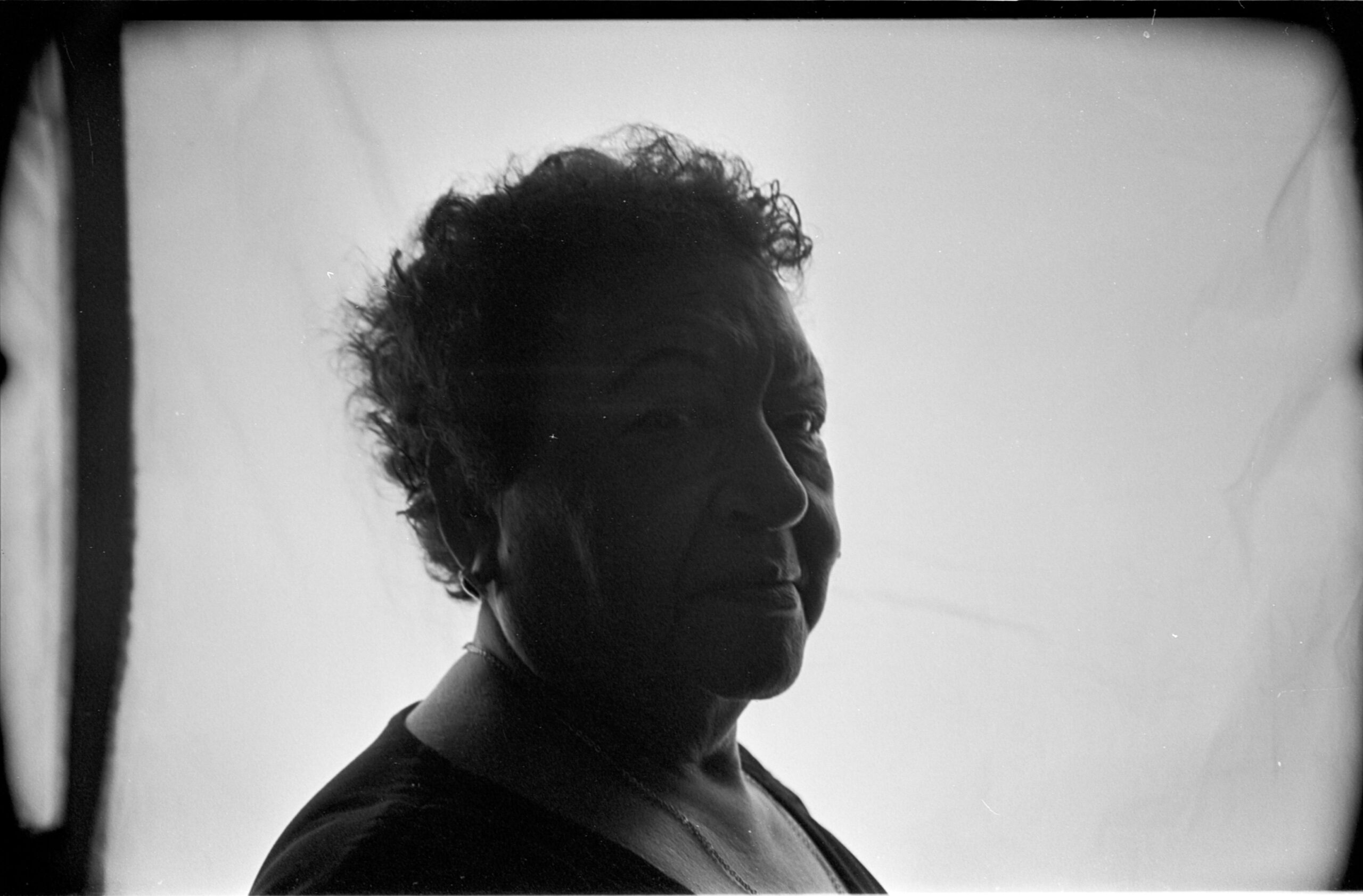Introduction
Throughout history, civilizations have always celebrated the idea of protectors—those who defend, guide, and uplift others. In modern times, this noble archetype is often expressed through the phrase “Guardians of Humanity.” While it may sound like a concept from a novel or a film, in reality, it represents the individuals, groups, and even organizations dedicated to safeguarding the well-being, dignity, and future of people across the globe.
From frontline healthcare workers to peacekeepers, environmental activists, educators, and even technological innovators, the Guardians of Humanity take on many forms. They embody the principles of courage, responsibility, empathy, and vision, working tirelessly to ensure that humanity not only survives but thrives.
In this article, we will explore the origins of the concept, its relevance in today’s world, real-life examples, challenges faced by modern guardians, and how every individual can contribute to this noble mission.
The Meaning of Guardians of Humanity
The term “Guardians of Humanity” symbolizes those who dedicate themselves to protecting life, advancing justice, and ensuring the collective progress of humankind. Unlike fictional superheroes, these guardians are real people—scientists fighting diseases, activists combating climate change, teachers shaping young minds, and leaders promoting peace.
Guardianship here doesn’t necessarily mean carrying a weapon or fighting battles. Instead, it refers to standing firm against threats like poverty, inequality, violence, environmental degradation, and ignorance. In short, the guardians of humanity are the moral and ethical compass of society.

Historical Guardians of Humanity
Throughout human history, figures have emerged who can rightfully be considered guardians:
- Philosophers and Thinkers such as Socrates, Confucius, and Rumi preserved wisdom and moral values.
- Humanitarian Leaders like Mahatma Gandhi, Martin Luther King Jr., and Mother Teresa safeguarded justice, peace, and compassion.
- Scientists and Innovators such as Louis Pasteur, Marie Curie, and Nikola Tesla, who advanced knowledge to improve lives.
- Revolutionary Leaders who stood against tyranny, defending the oppressed and shaping the future.
These examples highlight that guardianship is not limited to one role but can manifest in diverse ways depending on the needs of the time.
Guardians of Humanity in the Modern World
Today’s Guardians of Humanity are not confined to history books. They exist all around us:
- Healthcare Workers – Doctors, nurses, and emergency responders who protect humanity from disease and crisis.
- Environmental Activists – Guardians like Greta Thunberg and countless unnamed individuals fighting for a sustainable planet.
- Educators – Teachers shaping the minds of future generations and ensuring the light of knowledge remains alive.
- Technologists and Innovators – Creators of solutions that save lives, improve communication, and open new opportunities.
- Peacekeepers and Humanitarians – From UN workers to volunteers, they work to heal conflict zones and assist refugees.
Each of these groups reflects what it truly means to be a guardian—placing humanity above self-interest.
The Values That Define the Guardians of Humanity
Guardians of Humanity embody timeless values that distinguish them from the rest:
- Compassion – They genuinely care for others and work to alleviate suffering.
- Courage – They face threats, risks, and resistance to defend humanity.
- Wisdom – They make decisions with foresight, ensuring their actions serve future generations.
- Selflessness – They prioritize the greater good over personal gain.
- Unity – They foster collaboration, believing that humanity is strongest when united.
These values guide them, ensuring their actions leave a lasting positive impact.
Challenges Faced by the Guardians of Humanity
Guardianship is not an easy path. Modern challenges test the endurance and resilience of those who choose to stand for humanity:
- Climate Change – Rising global temperatures, natural disasters, and environmental destruction.
- Global Inequality – Economic disparities that widen the gap between the rich and the poor.
- Wars and Conflicts – Political tensions and violence threaten peace and stability.
- Pandemics and Health Crises – The fight against diseases like COVID-19 continues to demand sacrifices.
- Technological Misuse – While innovation offers solutions, misuse can cause harm, raising ethical dilemmas.
Despite these challenges, the Guardians of Humanity remain steadfast, often risking their lives or enduring criticism for the sake of progress.
Everyday Guardians: How You Can Be One
Guardianship is not reserved for leaders or global icons—it is a responsibility anyone can embrace. Here are ways you can contribute:
- Promote Kindness – Small acts of compassion create ripples of change.
- Support Education – Share knowledge, mentor others, or help provide resources for learning.
- Protect the Environment – Reduce waste, recycle, and promote sustainable living.
- Stand Against Injustice – Use your voice to defend those who cannot defend themselves.
- Foster Peace in Communities – Resolve conflicts with empathy and respect.
In this sense, every person has the potential to become a guardian, no matter their profession or status.
Guardians of Humanity in Culture and Media
The concept has also inspired countless works of art, films, and literature. From mythological tales of heroes protecting humankind to modern-day films depicting saviors of Earth, the Guardians of Humanity are often symbolized through fictional narratives.
Yet, the real power lies in recognizing that reality has its own guardians—ordinary people with extraordinary courage. By drawing inspiration from these stories, society can better value and support its real-life guardians.
Frequently Asked Questions (FAQs)
What does the term Guardians of Humanity mean?
It refers to individuals or groups who dedicate their lives to protecting, guiding, and uplifting humanity.
Who can be considered a Guardian of Humanity today?
Healthcare workers, educators, activists, scientists, peacekeepers, and everyday individuals who act selflessly.
Is being a guardian limited to global leaders?
No. Anyone who contributes positively to society—no matter how small their actions—can be a guardian.
What qualities define the Guardians of Humanity?
Compassion, courage, wisdom, selflessness, and unity are the core traits.
What challenges do modern guardians face?
They deal with global issues like climate change, inequality, health crises, and technological misuse.
How can I become a Guardian of Humanity?
By showing kindness, supporting education, protecting the environment, and standing against injustice.
Why are Guardians of Humanity important for the future?
They ensure survival, justice, peace, and progress for present and future generations.
Conclusion
The Guardians of Humanity are not mythical figures or fictional superheroes—they are real individuals, communities, and organizations working tirelessly to protect and uplift human life. They embody courage, compassion, and vision, proving that one does not need supernatural powers to make a lasting difference.
In a world filled with challenges, the presence of these guardians serves as a reminder that hope, justice, and unity are still alive. More importantly, each of us has the capacity to become one. By embracing selflessness and responsibility, we can collectively become the Guardians of Humanity—protecting not just ourselves, but the generations yet to come.
Also Read More: Awaybase Altrincham A Complete Guide for Shoppers and Residents



